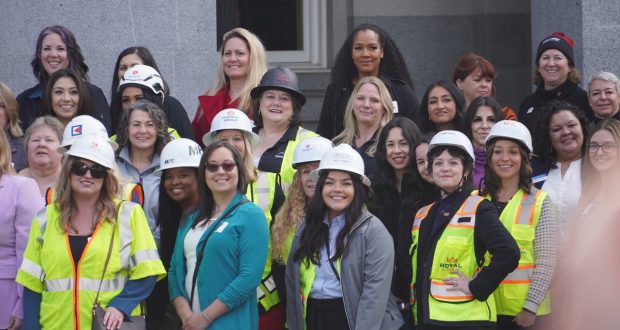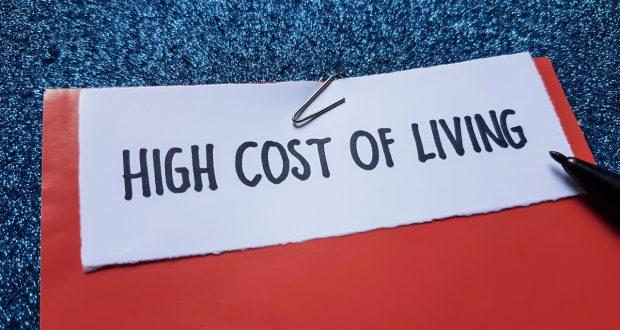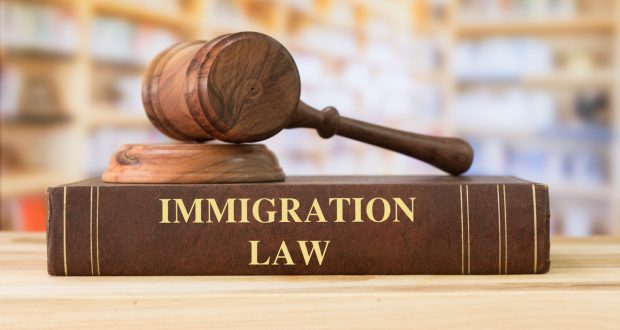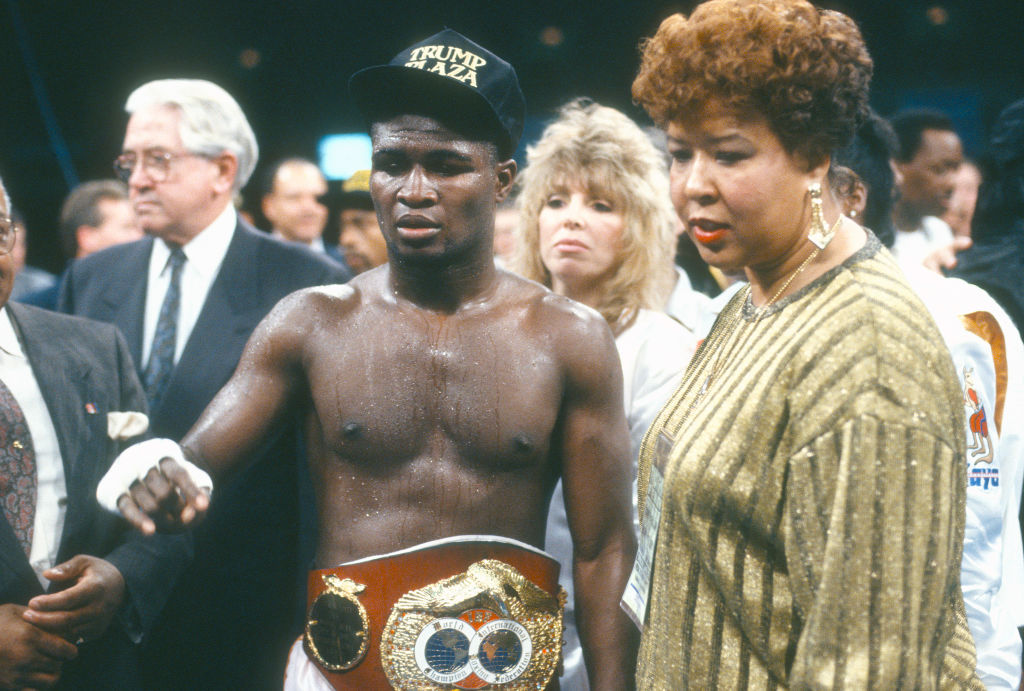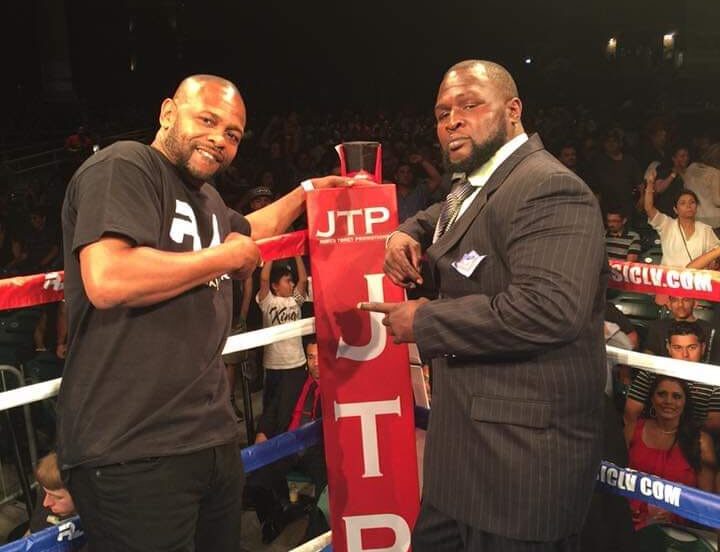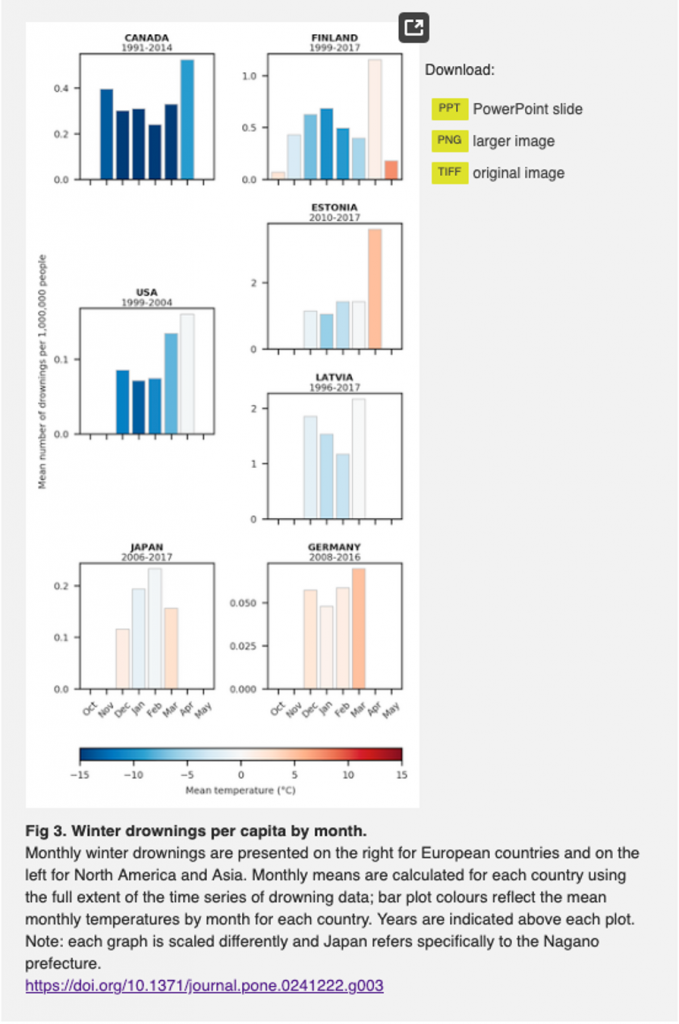By Lou Yeboah
“I’ve been telling you for a long time now to repent. But you have not heeded to a word I said. Well I got news for you. If you think this year was bad, next year, will be a Tsunami, Hurricane, and Storm, all in one. Woe to you, Chorazin! Woe to you, Bethsaida! For if the mighty works done in you had been done in Tyre and Sidon, they would have repented long ago, sitting in sackcloth and ashes. But I tell you, it shall be more tolerable in the judgment for Tyre and Sidon than for you.” [Luke 10:13–15]. I’ve warned you in January 2020 that the New Year would not be what you expected. Did you listen? No. I am alerting you once more, come 2021, the New Year will not be what you may expect!
Man has never experienced anything like what will occur during the Great Tribulation. And it is prophesied to come upon us suddenly—and unexpectedly! In [Luke 21:34-35] Jesus said it would be like a snare—catching us completely off guard. Isaiah compared it to the collapse of a high, swelling wall “whose breaking comes suddenly at an instant.” [Isaiah 30:13].
Sudden destruction—that’s what Christ associates with the events leading to His return. And it all unfolds at the very time most people least expect it. “For when they shall say, Peace and safety, then sudden destruction cometh upon them, as travail upon a woman with child; and they shall not escape.” [1 Thessalonians 5:3]. It will be so bad that even ambassadors of peace will weep bitterly according to [Isaiah 33:7].
When we look at the four seals of [Revelation 6], we have to understand them in the context of God’s age long message to mankind. When these horsemen make their rides, it will be after repeated warning and pleading from God to turn from sin and live righteously based on His eternal law of love toward God and man.
I’m convinced that all the fearful things we see coming upon the earth right now — all have to do with the coming of Christ. Beyond all the war clouds gathering, beyond the gross darkness covering the earth, a cloud is being formed in heaven. And one day soon Christ is going to enter that cloud and reveal himself to the whole world. [Luke 21:31].
Man’s world faces an inevitable death. Every dimension of our culture, every dimension of our society is escalating on the down slide, being devastated by depravity, more and more given over to lust and pride and self-indulgence, immorality and rejection of God and Christ, and the truth of Scripture. And thus man is sentenced; his whole world is sentenced to divine wrath. [Revelation 14:10].
Listen, when God brought the Israelites out of Egypt, He told them: “If you diligently heed the voice of the Lord your God and do what is right in His sight, give ear to His commandments and keep all His statutes, I will put none of the diseases on you which I have brought on the Egyptians. For I am the Lord who heals you” [Exodus 15:26]. However, if they disobeyed and broke the covenant, they could expect disease to afflict them, their families and their nation.
Notice: “But if you will not obey the voice of the Lord your God.?.?. the Lord will make the pestilence cling to you until He has consumed you from the land into which you go to possess. The Lord will smite you with consumption, with fever and inflammation.?.?. and the tumors, the scurvy and the itch, from which you cannot be healed. The Lord will smite you with madness and blindness and dismay of [mind and] heart” [Deuteronomy 28:15, 21-22, 27-28].
[2 Samuel 16] says there is wrath gone out from the Lord. [Isaiah 13:9] said, “Behold, the day of the Lord is coming, cruel with fury and burning anger and He will exterminate sinners.” Amos cried in chapter 4 verse 12, “Prepare to meet your God.”LORD HAVE MERCY ON OUR SOUL!
God instructed Jeremiah to give his people this warning: “Therefore thou shalt speak all these words unto them; but they will not hearken to thee: thou shalt also call unto them; but they will not answer thee. But thou shalt say unto them, This is a nation that obeyeth not the voice of the Lord their God, nor receiveth correction: truth is perished, and is cut off from their mouth.” [Jeremiah 7:27-28].
 Westside Story Newspaper – Online The News of The Empire – Sharing the Quest for Excellence
Westside Story Newspaper – Online The News of The Empire – Sharing the Quest for Excellence
